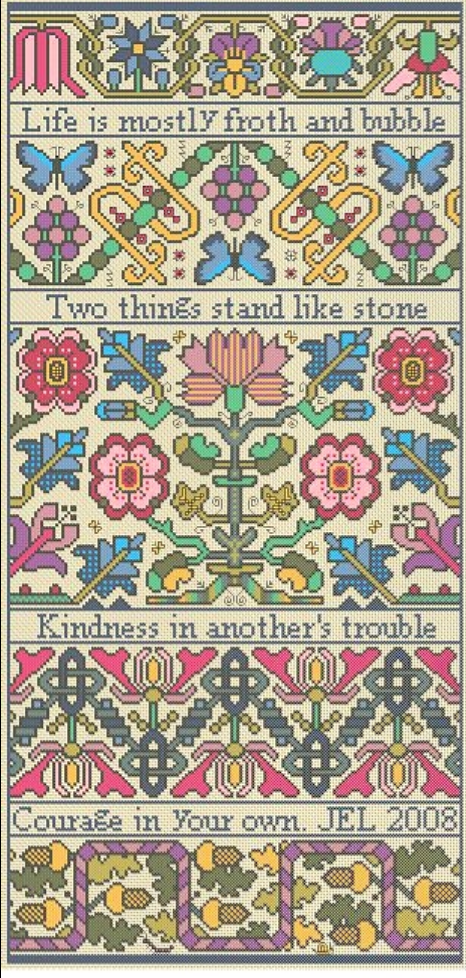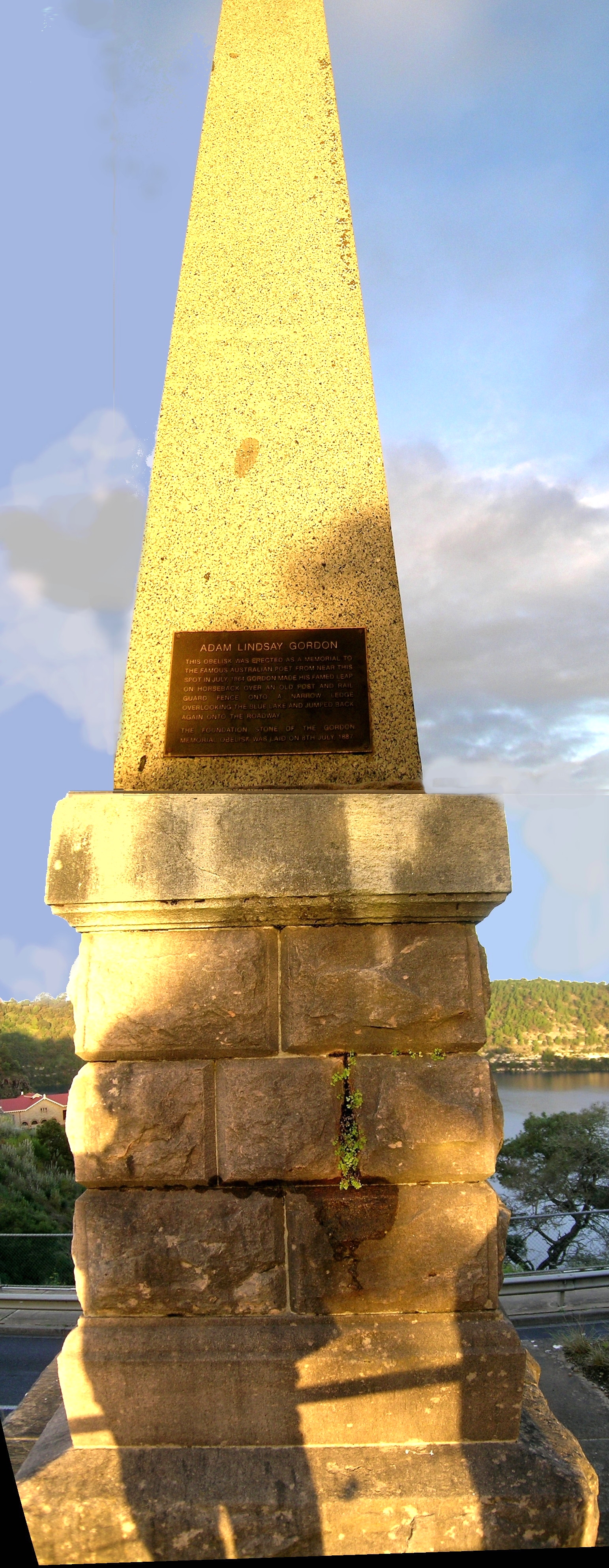“Courage in your own”: A story safari™
Strolling through my quotation file this morning, I came across this little verse about courage:
Life is mostly froth and bubble
Two things stand like stone
Kindness in another’s trouble
Courage in your own.
These words of wisdom come to us from Adam Lindsay Gordon. According to Wikipedia, Gordon was known for three things. And because he may be the only human being the world has ever produced who combined these particular pursuits, he is perfect fodder for a story safari. Wikipedia tells us that Gordon was “an Australian poet, jockey and politician.”
Poet and politician—okay. Václav Havel, the Czech dissident who became the first post-Soviet president of his country, was a playwright. That’s sort of like being a poet. (Playwrights—and poets—may disagree with that assessment.) Havel wrote bravely and as openly as he could about the totalitarianism choking his country when it was a Soviet state and spent time in prison because of it.
Politicians and poets (or playwrights) both work with words. But jockey? You just never know what you’re going to find in Wikipedia.
Courage or foolhardiness—and fame
It turns out that of Gordon’s three occupations, the least likely was not jockey but politician.
After gaining attention as a steeplechase rider, he accomplished a feat of dare-devilry on horseback, “Gordon’s Leap,” that would do Evel Knievel proud. As the placque on this obelisk commemorating the feat tells us:
“From near this spot in July, 1864 Gordon made his famed leap on horseback over an old post and rail guard fence onto a narrow ledge overlooking the Blue Lake and jumped back again onto the roadway.”
Why? I guess because it was there.
But there’s a twist to this tale of derring-do:
“…he was extremely near sighted and more often than not, had to trust to his mount to judge a jump whilst he hung on for his very life.”
To recap: Australia’s Mr. Magoo accomplishes a dangerous, pointless equestrian trick and becomes famous. So of course the following year, a group of locals…well, I’ll let Wikipedia explain it:
“On 11 January 1865 he received a deputation asking him to stand for parliament and was elected by three votes to the South Australian House of Assembly on 16 March 1865 for the district of Victoria. In politics, Gordon was a maverick. His semi-classical speeches were colourful and entertaining but largely irrelevant, and he resigned his seat on 10 November 1866.”
I know there’s a lot to take in from that paragraph. The 19th century equivalent of a reality star gets elected by three freaking votes. And—surprise, surprise—spends his 18-month-long political career making “entertaining but largely irrelevant” speeches. But the thing that nearly made me do a spit-take was the first sentence. A two-month-long election cycle? How can we get one of those in the U.S.?
But back to Wikipedia:
“Gordon’s time in politics stimulated him to greater activity – poetry, horse racing and speculation.”
Sadly, that “greater activity” didn’t last long. Beset by injuries and personal and financial woes, he shot himself less than four years after ending his political career. He was 36 years old.
“Ye Wearie Wayfarer”

cross-stitch designed by Long Dog Samplers
The quatrain at the beginning of this post may be Gordon’s most enduring contribution to literature. It comes from the final section of his long 1870 poem “Ye Wearie Wayfarer.”
It is so often quoted—and embroidered—that I will forgive you for reading it as a Hallmark sentiment. But let’s look a little deeper into the poem, shall we?
Each of the eight sections—called “fyttes”—begins with an inscription. The final fytte takes its inscription from Tennyson:
“There’s something in this world amiss
Shall be unriddled by-and-bye.”
And then Gordon begins describing the final leg of the wearie wayfarer’s journey. Our traveling hero has had a rough slog, and sometimes doubts whether it’s worth it:
Onward! onward! must we travel? [he asks this in every stanza]
When will come the goal?
He talks about the hypocrites he’s encountered, especially those who cloak their judgmental attitudes in Biblical terms:
Ha! Friend Ephraim, saint or sinner,
Tell me if you can —
Tho’ we may not judge the inner,
By the outer man,
Yet by girth of broadcloth ample,
And by cheeks that shine,
Surely you set no example
In the fasting line —
Snap! The well-fed Ephraim holds himself as a moral example to the community:
Oft your oily tones are heard in
Chapel, where you preach…
Man of peace, and man of merit,
Pompous, wise, and grave,
Ephraim! is it flesh or spirit
You strive most to save?
In the end, the traveler takes his instructions not from man or from God, but from nature—
Laden with the dew of vespers,
From the fragrant sky,
In my ear the wind that whispers
Seems to make reply —
“Question not, but live and labour
Till yon goal be won,
Helping every feeble neighbour,
Seeking help from none;
Life is mostly froth and bubble,
Two things stand like stone,
KINDNESS in another’s trouble,
COURAGE in your own.”
Story Safari™
You just never know what you’re going to find when you go on Story Safari. I started out intending to write about this inspirational little quote I’d tucked into my quotation file, and I end up finding a story about a person famous for very little reason who ends up gaining elective office. I mean, who could imagine something like that ever happening?
But Gordon is right. We have to “live and labour/Till yon goal be won.” And along the way, question hypocrisy wherever we find it, especially when it’s cloaked in religion. And yes—be kind to those facing troubles, and have courage to face our own.
